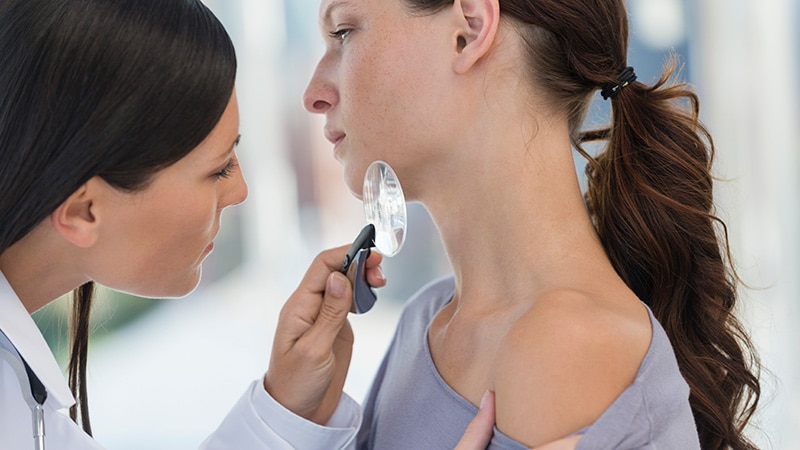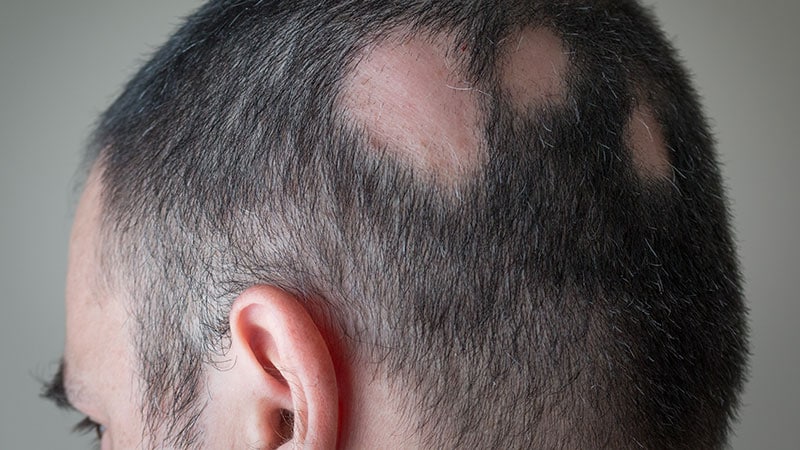The National Institute for Health and Care Excellence (NICE) has recommended that individuals severely affected by acne should receive mental health support in a new guideline on the management of acne vulgaris published on 25 June 2021.
An estimated 95% of individuals in England may be affected by acne at some point in their lives. The condition is most prevalent in teenagers and young adults, however, around 3% may have acne beyond 35 years of age.
Evidence suggests that acne of any type and severity as well as acne-related scarring could cause significant psychological distress in affected individuals, which could subsequently progress to a mental health disorder in some individuals.
In addition to offering recommendations on pharmacological and photodynamic therapies for acne vulgaris, the new guidelines highlights the need for mental health support to tackle the associated psychological distress. The guideline advises clinicians to refer affected individuals to mental health services if needed, particularly those with a current or past history of mental health issues, including suicidal ideation or self-harm, severe depression or anxiety and body dysmorphic disorder.
Dr Paul Chrisp, director of the Centre for Guidelines at NICE, said: "With this new guideline it is our hope that people whose acne affects their everyday lives are offered the support they need to treat the condition, both physically and mentally."
This article originally appeared on Univadis, part of the Medscape Professional Network.


